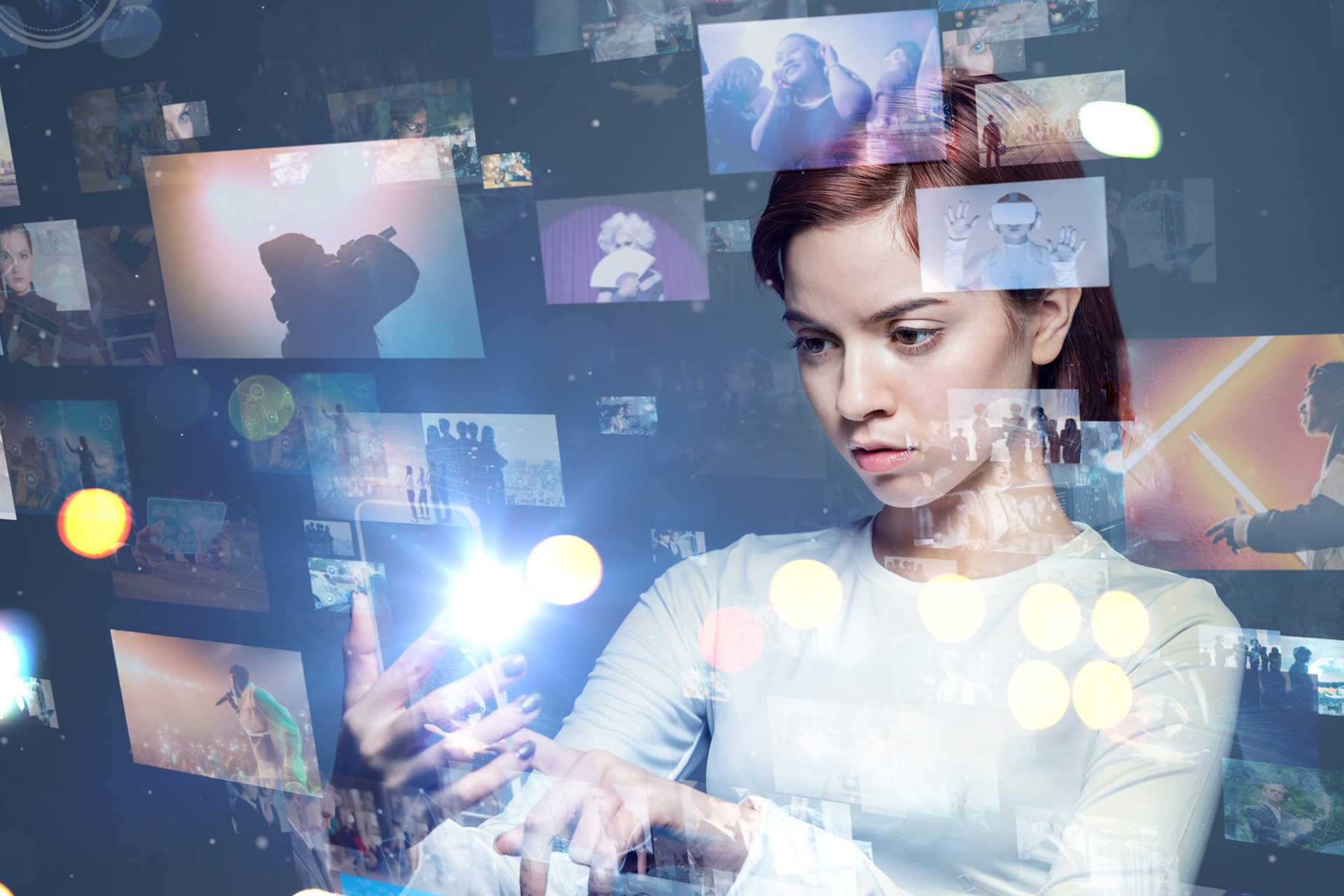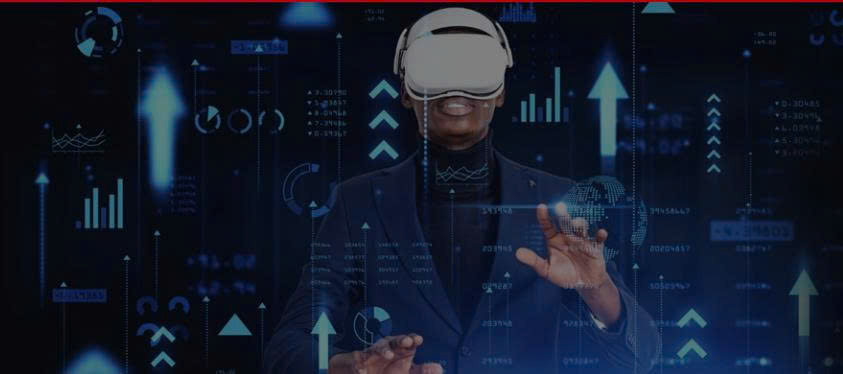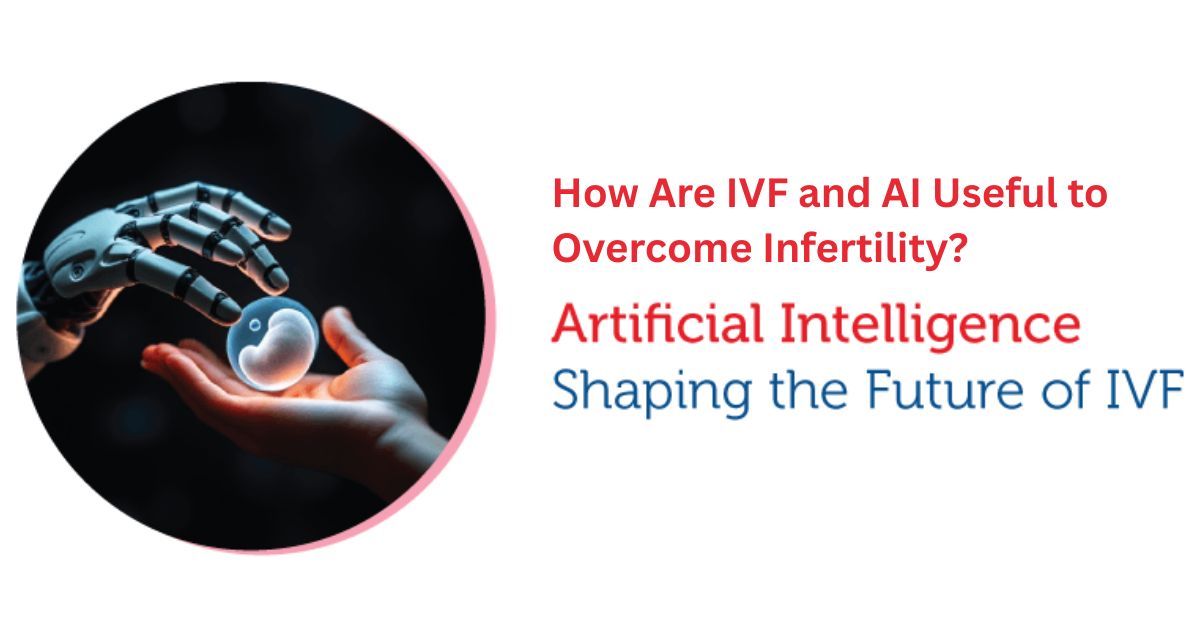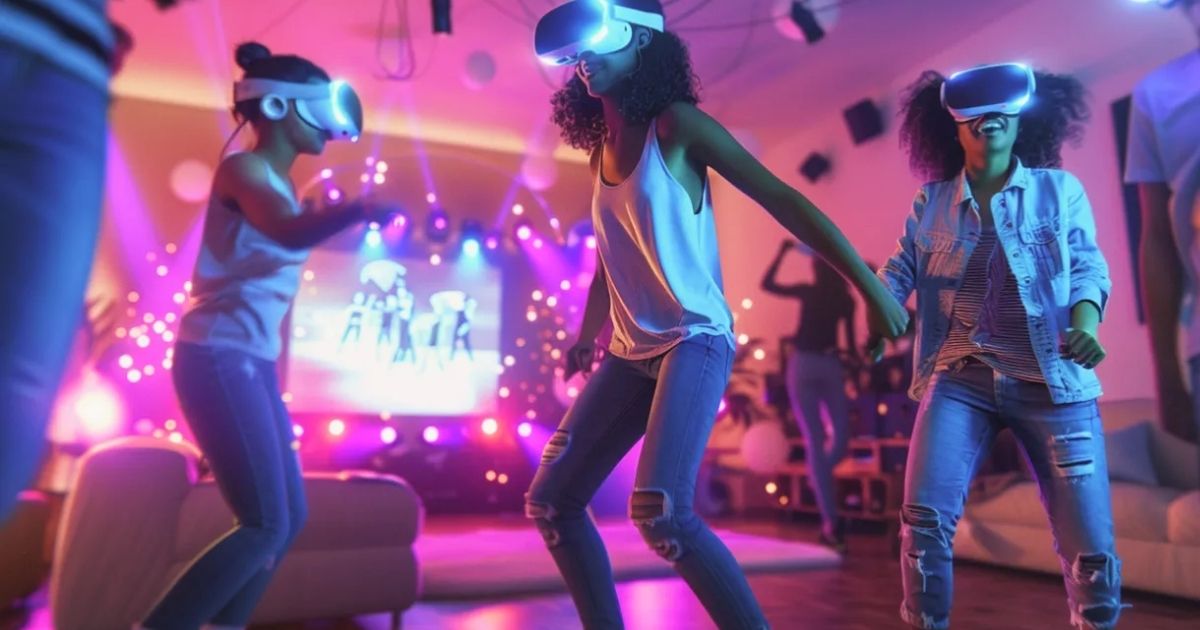The Surge of AR Entertainment Innovations
Augmented reality entertainment innovations are transforming how we experience media in 2025. AR overlays digital content onto the real world, creating immersive experiences via smartphones or AR glasses. Unlike VR, AR is accessible without heavy hardware, making it ideal for gaming, events, and marketing. As a sustainable marketing tool, AR enables brands to craft interactive campaigns that engage users emotionally. From virtual concerts to gamified ads, AR entertainment innovations are driving engagement, with the AR market expected to hit $88 billion by 2026 (Statista). The keyword "Augmented Reality in Entertainment" is trending as users seek cutting-edge ways to enjoy media.

AR Interactive Storytelling Redefines Narratives
AR interactive storytelling is a standout in augmented reality entertainment. In 2025, apps like Dreamscape let users shape stories by interacting with virtual characters in real-world settings. This immersive approach captivates audiences, offering personalized narratives. Publishers use AR to enhance books, with 60% of readers preferring interactive formats (Deloitte). As a sustainable marketing tool, AR storytelling promotes brands through engaging content. The keyword "AR interactive storytelling" is surging as fans explore this innovative blend of digital and physical worlds, redefining augmented reality entertainment experiences.
Augmented Reality Music Events Amplify Fun
Augmented reality music events are revolutionizing live performances in 2025. Artists use AR to project holographic visuals or interactive elements, viewable through AR devices. Fans can access real-time lyrics or virtual meet-and-greets, enhancing engagement. Festivals like Glastonbury leverage AR for navigation and branded filters, boosting visibility. As a sustainable marketing tool, AR music events drive ticket sales, with 67% of attendees valuing immersive experiences (Forbes). Searches for "augmented reality music events" highlight AR’s role in creating memorable, interactive augmented reality entertainment moments.

AR Gaming Advancements Drive Engagement
AR gaming advancements are reshaping augmented reality entertainment. In 2025, games like Harry Potter: Wizards Unite 2.0 use AR to blend virtual quests with real-world locations. AR glasses enable seamless, hands-free gameplay, increasing immersion. The AR gaming market is projected to reach $43 billion by 2028 (Meetanshi). Brands use AR gamified promotions to embed ads, making games a sustainable marketing tool. The keyword "AR gaming advancements" trends as gamers seek social, interactive experiences that redefine fun in augmented reality entertainment.
AR Gamified Promotions Boost Brand Loyalty
AR gamified promotions are a powerful trend in augmented reality entertainment. In 2025, brands like Adidas use AR apps for virtual try-ons or interactive challenges, increasing conversions by 28% (Vista Social). These campaigns, part of AR entertainment marketing, engage users through fun, memorable experiences. Unlike traditional ads, AR promotions are sustainable, reducing physical waste. The keyword "AR gamified promotions" is rising as businesses adopt this eco-friendly, engaging approach to connect with audiences, solidifying AR’s role in augmented reality entertainment and marketing.

AR Theme Park Adventures Enhance Fun
AR theme park adventures are transforming family entertainment in 2025. Parks like Disneyland use AR to overlay virtual characters or effects on rides, creating personalized experiences. Guests solve AR puzzles or battle foes, boosting satisfaction by 58% (Deloitte). As a sustainable marketing tool, parks promote attractions via AR campaigns. The keyword "AR theme park adventures" trends as families seek immersive outings, making theme parks a key player in augmented reality entertainment and driving demand for interactive, tech-enhanced experiences.
AR Social Media Trends Engage Users
AR social media trends are reshaping augmented reality entertainment. Platforms like Instagram offer AR filters for virtual costumes or event-themed effects, driving user-generated content. In 2025, AR filters boost engagement, with millions creating videos daily (Social Media Today). Brands use AR as a sustainable marketing tool to promote products, enhancing visibility. The keyword "AR social media trends" reflects growing interest in interactive, shareable content, positioning social media as a hub for augmented reality entertainment and fan engagement.
AR in Theater Productions Creates Immersion
AR in theater productions is redefining live performances. In 2025, theaters use AR to project dynamic sets or let audiences influence storylines via apps. This immersive approach, part of AR virtual experiences, captivates 64% of theatergoers (Program-Ace). Theaters leverage AR as a sustainable marketing tool to attract younger audiences with interactive promos. Searches for "AR in theater productions" highlight AR’s role in augmented reality entertainment, blending physical and digital storytelling to create unforgettable performances.
AR Movie Marketing Sparks Excitement
AR movie marketing is revolutionizing film promotion in 2025. Studios use AR-enabled posters to offer interactive trailers or virtual character interactions, boosting ticket sales by 26% (Market.us). Fans explore movie worlds via apps, enhancing engagement. As a sustainable marketing tool, AR reduces physical promo materials. The keyword "AR movie marketing" trends as studios embrace augmented reality entertainment to create immersive campaigns that captivate audiences and drive excitement for new releases.
The Future of AR Entertainment Marketing
The future of augmented reality entertainment marketing is bright in 2025. Advancements in AR glasses and 5G enable seamless, high-quality experiences across gaming, events, and social media. AR’s role as a sustainable marketing tool reduces environmental impact while engaging users. With 73% of consumers using AR (Deloitte), the market is set to grow at a 30% CAGR through 2030 (Market.us). Searches for "Augmented Reality in Entertainment" and "AR entertainment marketing" reflect AR’s potential to redefine fun, blending digital and physical worlds for innovative, immersive experiences.






.jpg)
.jpg)





